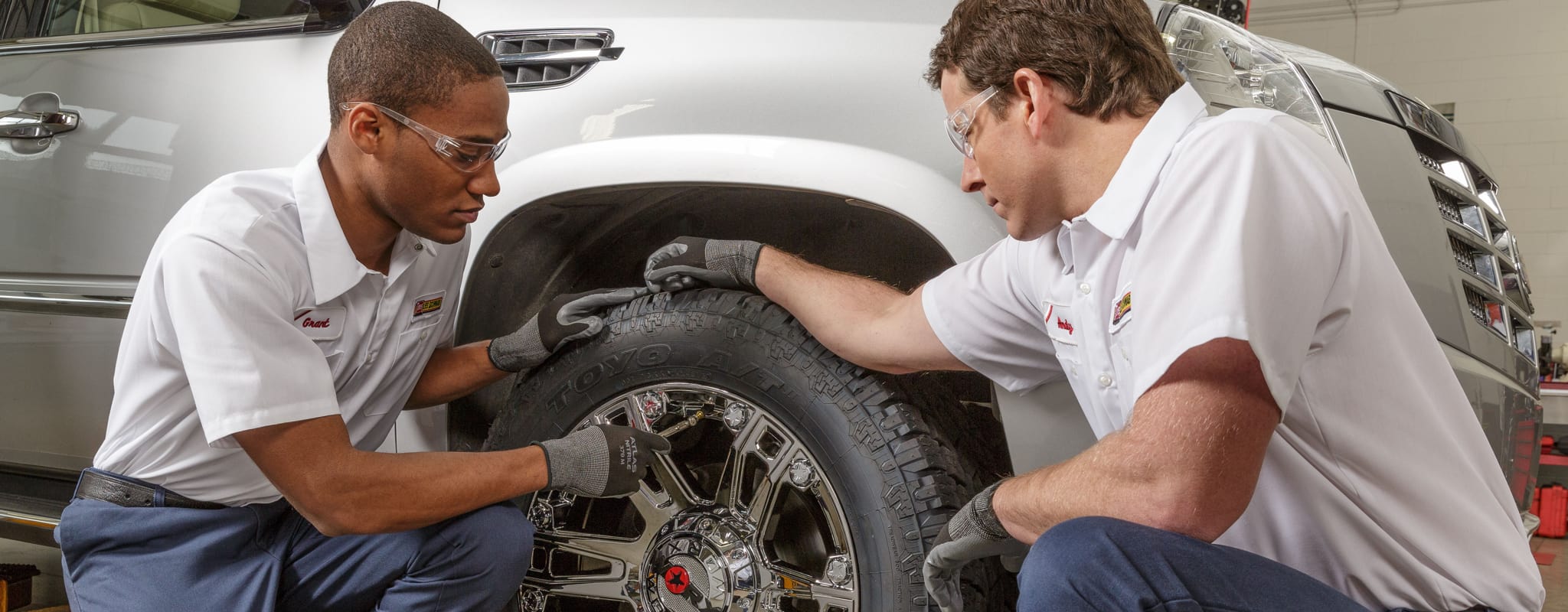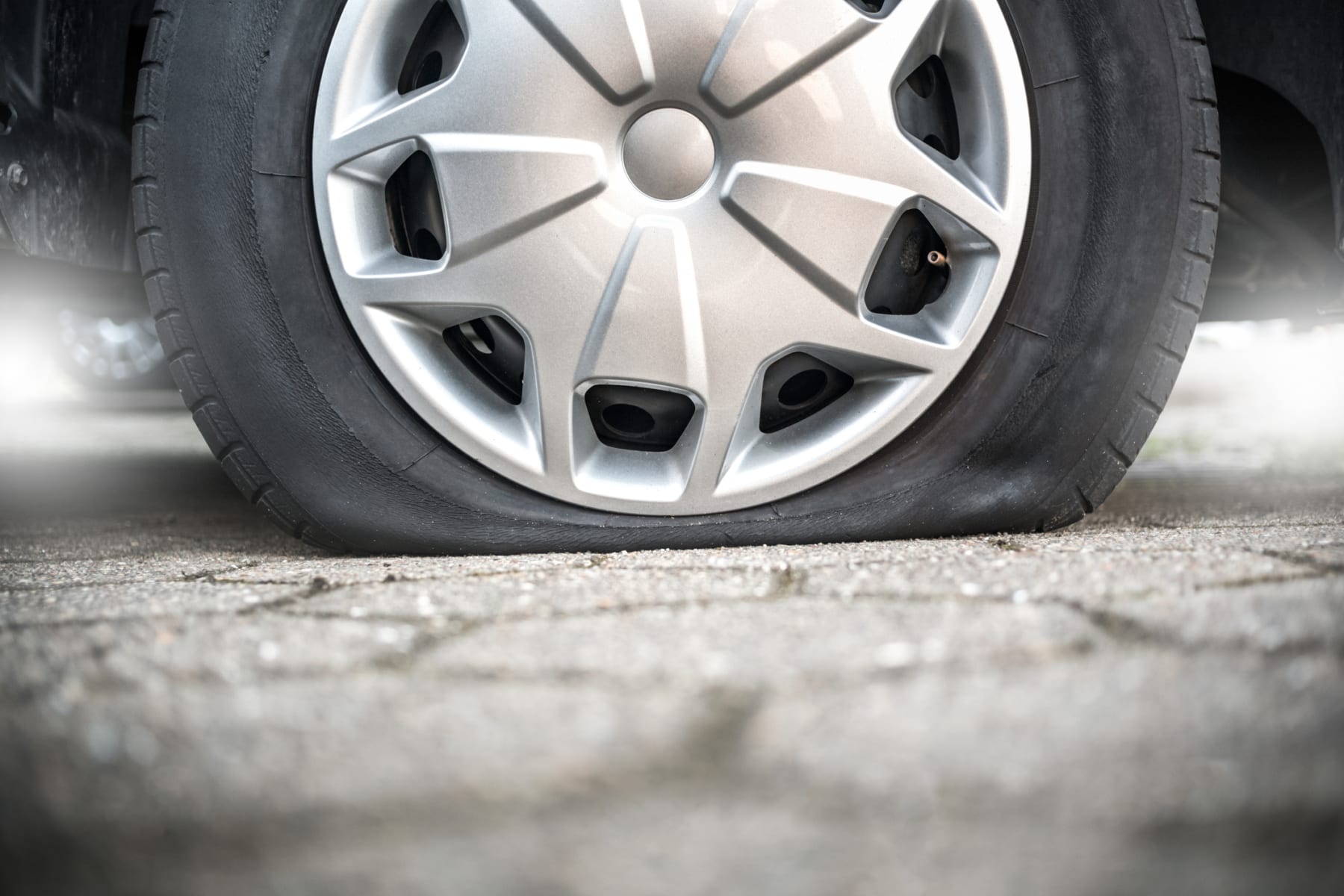Tire Tracks Morris IL: High Quality Tires for every single Car
Tire Tracks Morris IL: High Quality Tires for every single Car
Blog Article
The Ultimate Tire Repair Service Checklist for Safety and Cost Savings
Preserving optimal tire conditions is a basic facet of ensuring security on the road and making best use of cost-efficiency in the lengthy run. From tire stress to tread depth, each component plays an essential duty in the overall efficiency of your vehicle.
Value of Tire Maintenance
Normal tire maintenance is vital for guaranteeing vehicle safety and security and expanding the lifespan of your tires. Furthermore, turning your tires at recommended intervals promotes also tread wear, leading to a much longer life expectancy for your tires and far better handling of your vehicle.
Additionally, regular tire assessments can aid determine possible concerns such as slits, cuts, or protrudes, which if left unattended, might lead to tire failing. tire shop near me. Correct positioning and balancing add to a smoother experience, enhanced gas performance, and prevention of irregular tire wear. In final thought, prioritizing tire upkeep not just guarantees your safety when driving yet also conserves you money by expanding the life of your tires and staying clear of expensive fixings or substitutes
Monitoring Tire Pressure
To inspect tire stress, utilize a tire stress scale to determine the air pressure in each tire, including the spare. It is recommended to check tire stress when the tires are cold, as driving heats the tires and boosts pressure readings. By preserving proper tire pressure, you not only guarantee your security however additionally extend the life expectancy of your tires and optimize fuel economy.
Examining Footstep Deepness
To guarantee optimal safety and security and efficiency of your vehicle, a vital aspect of tire upkeep entails reviewing the tread deepness on a regular basis. The step on your tires plays a crucial duty in maintaining traction when driving, particularly in wet or unsafe problems - tire tracks morris il. Not enough step deepness can cause reduced grasp, longer braking ranges, and an enhanced risk of hydroplaning
The majority of brand-new tires have a walk deepness of around 10/32 to 11/32 of an inch. The minimum lawful step depth limit is 2/32 of an inch in a lot of states, however for improved safety and security, it is suggested to change tires before they reach this limitation.

Frequently checking your step depth and replacing tires when essential will certainly not just improve your security when driving however helpful hints additionally add to set you back savings by enhancing fuel performance and extending the lifespan of your tires.
Identifying Tire Damages
Inspecting your tires for indicators of damages is vital for maintaining roadway safety and security and stopping prospective hazards. When inspecting your tires, look out for cuts, slits, protrudes, cracks, and any type of other irregularities on the tread or sidewall.

Increasing Tire Life Expectancy
To expand the lifespan of your tires, start read what he said by ensuring they are effectively inflated according to the manufacturer's suggestions. Additionally, turn your tires regularly to promote even tread wear. Frequently check your tires for indicators of damage, leaks, or unequal wear, and continue reading this attend to any type of concerns immediately to avoid additional damage.

Final Thought
Finally, regular tire upkeep is important for ensuring safety and security and saving money in the lengthy run. By examining tire stress, checking walk deepness, determining tire damages, and extending tire life-span, vehicle drivers can protect against accidents and expensive repairs. Focusing on tire maintenance is a simple yet effective means to stay secure when traveling and avoid unnecessary expenditures.
Report this page